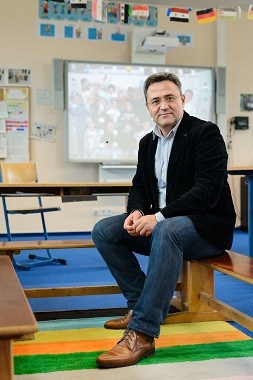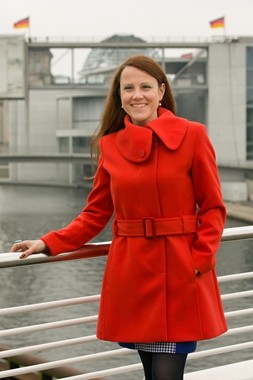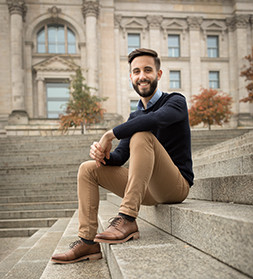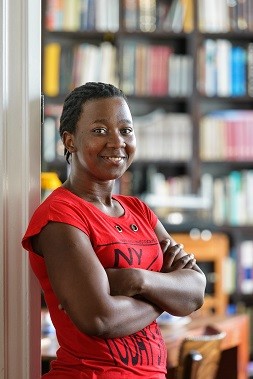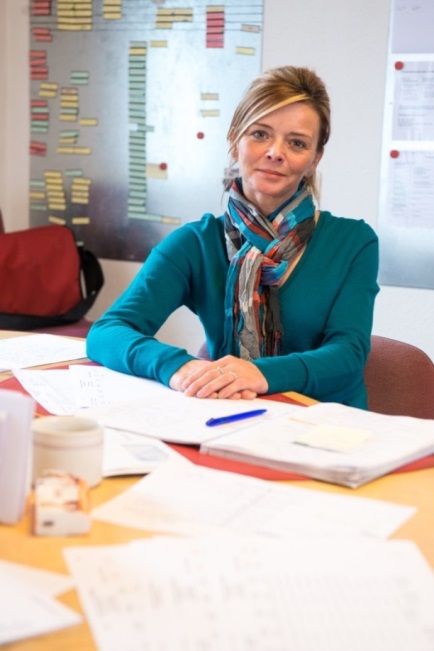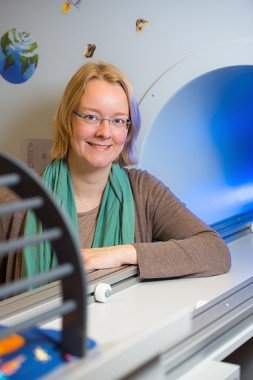Blue Card: Ambitious Immigration Policy for Germany
Berlin, November 2014. After many years with an attitude to labour migration that can at best be described as reluctant, in recent years, Germany’s immigration policy has undergone a rapid change from a policy of protection to a policy of recruitment. Since August 2012, Germany has created many legal possibilities for immigration that are liberal and open when compared internationally. The Blue Card in particular, which was introduced under the scope of the EU’s Directive on the conditions of entry and residence of third-country nationals for the purposes of highly qualified employment, has proven effective as a way to attract highly skilled immigrants from non-EU countries. In 2016 alone, more than 6,600 people came to Germany under the Blue Card scheme. Full advantage has not yet been taken of this instrument’s potential. Germany and other EU countries need highly skilled workers. As a result, the EU has to position itself more effectively as an attractive immigration continent for highly skilled workers and actively recruit.

We would like to introduce you to Dmitry Filatov who works for an IT company in Germany under the Blue Card programme. He explains his perspective on things.
Dmitry Filatov studied maths and computer science in St. Petersburg (Russia). He first worked for IT teams in Great Britain and France. He then decided to relocate to Berlin: not just because of the city’s diverse cultural landscape and large number of IT start-ups, but also due to its relative proximity to St. Petersburg where his wife lived at the time. To work in Germany, Dmitry Filatov had to apply for a Blue Card while still in Russia. In May 2013 he was granted a temporary work permit which was changed to a Blue Card. He has been working since July 2013 as the Chief Technology Officer at an IT company outside of Berlin. It was relatively easy for him to get the Blue Card but it took some time. “The entire process took five months. Even though the process itself is relatively easy to organise, most of the communication is in German, something that is still a problem for me. I was very happy my employer supported me. It would be helpful if the German authorities would also make the necessary information available in English.” Dmitry Filatov is lucky to work in a team where the working language is English. But in his day-to-day life, he has comprehension difficulties which is why he is now also learning German. His highest priority after getting set up in Germany was to bring his wife over which proved more difficult than expected. “Theoretically, it should have been easy for my wife to get a residence permit because I have a Blue Card. But the whole thing dragged on for months because the authorities are overwhelmed with the numbers of applications. Finally, she applied for a Blue Card herself. She herself is a microbiologist and her application was rapidly approved: we have finally been living together again since January 2014.”
You can find more information on the Blue Card in the Annual Report 2014 (pg. 74–75).

